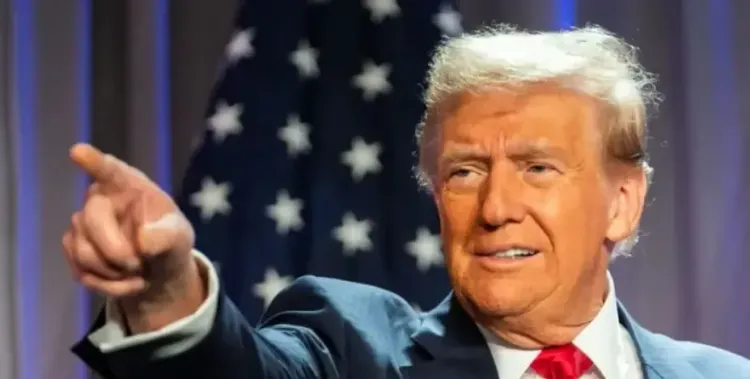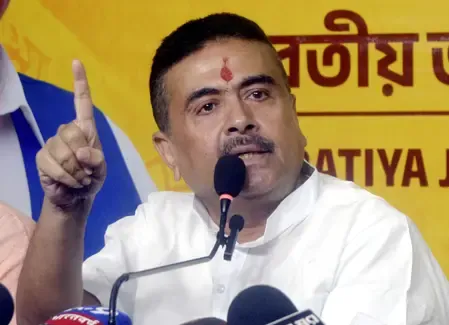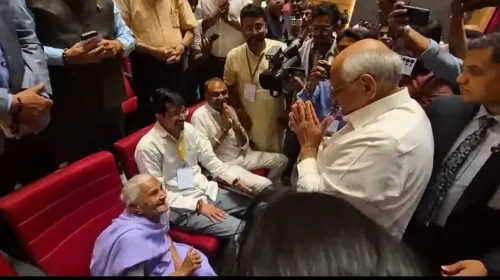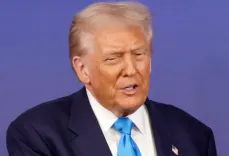Donald Trump to Reveal Auto Tariffs on April 2

Synopsis
Key Takeaways
- Trump will announce tariffs on imported cars on April 2.
- South Korea had a trade surplus of $55.7 billion with the US last year.
- Automobile exports to the US accounted for 49.1% of South Korea's total.
- Reciprocal tariffs on US imports are being considered.
- Political instability in South Korea may affect negotiations.
Washington, Feb 15 (NationPress) US President Donald Trump is set to unveil tariffs on imported automobiles on April 2, a move that could significantly impact the South Korean automotive sector.
The president revealed his plans to announce auto tariffs during a discussion, stating, "We're going to do it on April 2, I think. Is that right?" His aide confirmed this date.
Trump has been leveraging tariffs as a strategic measure to reduce America's trade deficit, enhance domestic production, and address various policy objectives, including curbing the flow of unauthorized migrants and narcotics.
As concerns grow regarding Trump's tariff approach, there are apprehensions that South Korea, which had a trade surplus of $55.7 billion with the United States last year, might face scrutiny from the Trump administration, according to Yonhap news agency.
In the previous year, South Korea's automobile exports to the U.S. reached approximately $34.7 billion, accounting for 49.1 percent of its total car exports. Notably, no tariffs have been imposed on South Korean vehicles since 2016 due to a bilateral free trade agreement.
This announcement aligns with the Trump administration's broader initiative to introduce "reciprocal" tariffs on U.S. imports to correspond with tariffs imposed by other nations. Plans are already in motion to implement 25 percent tariffs on steel and aluminum imports starting March 12, as discussions around new tariffs on semiconductors and pharmaceuticals are also underway.
South Korean officials are closely monitoring Trump's tariff announcements, particularly in light of political instability in Seoul following the impeachment of President Yoon Suk Yeol and his controversial martial law attempt in December.
South Korean Foreign Minister Cho Tae-yul has indicated his intention to discuss the tariff situation with U.S. Secretary of State Marco Rubio at an international security forum in Munich, Germany, this Saturday.
Previously, Trump imposed a 10 percent tariff on all Chinese imports to the U.S. but has temporarily suspended a 25 percent tariff on Canada and Mexico following agreements to combat drug trafficking at their shared borders with the U.S.







